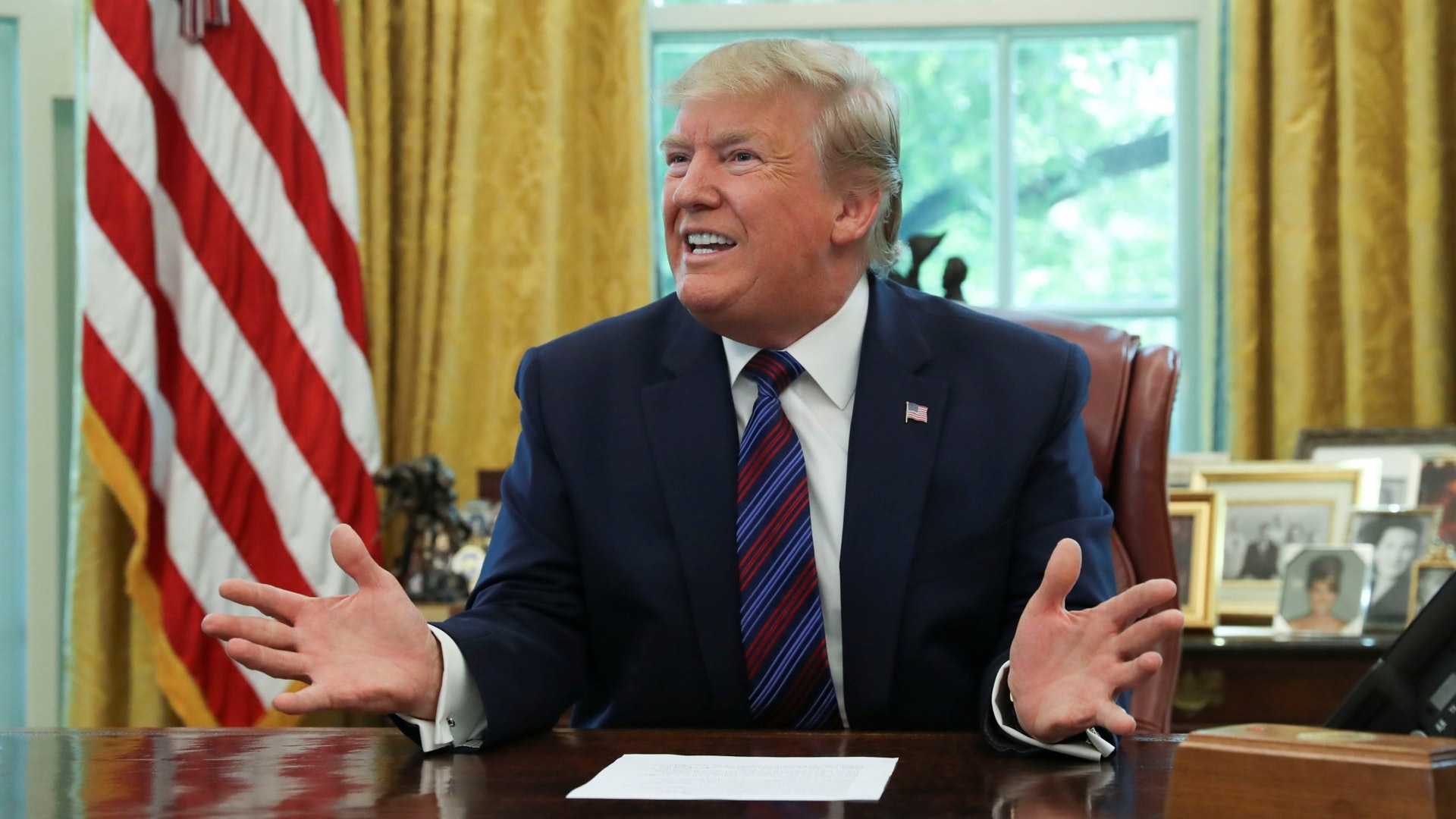“The WTO has rotted, and the richest countries in the world can call themselves developing countries to evade WTO rules and earn special treatment. This kind of incident will never happen again!” Trump Friday (26th) As stated on Twitter, it also issued a statement that China is such a “developing country” that should not have the status of a developing country and threatened to take action within 90 days.
Although Trump is excited by words, the United States only threatens to “no longer treat developing countries” and “does not support the status of the countries concerned in the Organization for Economic Co-operation and Development (OECD),” but it has little effect. The various preferential treatments (such as tariffs, import and export quotas, etc.) obtained by the countries concerned in the status of developing countries in the World Trade Organization (WTO) will not change. What the United States can influence is only the trade negotiations in the future WTO framework.
The “developing countries” classification really needs to be reformed
Even if Trump takes the lead in destroying the multilateral international order like the WTO, we don’t have to blame it – the WTO’s “developed or developing countries” classification system actually has its shortcomings; moreover, because of the differences brought about by the classification. The treatment is very influential, and its system is also necessary for reform.
First of all, one of the major problems of the WTO ‘s classification of “developed or developing countries” is that the WTO does not provide any definitions and standards, but adopts a self-defining approach by countries (although other countries may raise objections on specific preferential treatments). ).
Therefore, whether it is based on gross domestic product (GDP), global merchandise trade ratio, World Bank’s “high-income” country definition (in 2018, that is, per capita GDP is higher than US$12,376), it is also the standard for OECD or G20 membership. Etc. It is difficult to distinguish what countries have developed and what countries are developing.
For example, China, which ranks second in GDP and ranks first in global merchandise trade, is a developing country; high-income countries such as South Korea, Singapore, and Qatar are also developing countries; OECD countries such as Israel and Mexico, or India, G20 countries such as Brazil are also developing countries.
This lack of definition is reflected in the issue pointed out by the EU in the concept of WTO reform published in September 2018: The dichotomy of “developed and developing” does not leave room for different countries. Economic development model and situation, appropriate adjustments in different differential treatment .
Therefore, the EU has suggested that the WTO should allow and encourage developing countries to “graduate” in “specific agreement projects” and gradually disregard the relevant preferential treatment in response to their economic development; and the WTO should not “one size fits all” for developing countries. Treat, and follow the needs of a country and the way to support it, to treat it differently.
Similar reforms require, of course, detailed discussions between WTO members, especially developed and developing countries, to resolve disputes in a multilateral manner.
Stupidity of “laking down without reform”
However, Trump’s approach is to “pull down without reform.” In addition to threatening to withdraw from the WTO – of course, the United States does not dare to do so – the Trump administration has been blocking the appointment of judges of the WTO Appellate Body responsible for mediating trade disputes since the administration. If the appointment continues to be blocked, the Appellate Body will cease to operate during the year.
The reason why this threatening approach is not accepted by all countries is because, in theory, if countries accept the demands of the United States to avoid the collapse of the WTO, in addition to its succumb to unilateralism, it will make the WTO consensus system. The resolution can no longer be operated – because the opposition of any country can also prevent WTO decisions including the appointment of judges. If the United States succeeds, other countries will follow suit for different reasons, and finally lead to no sincerity in seeking consensus. Multilateral cooperation will be replaced by mutual threats.
Moreover, the Trump administration’s refusal to appoint a judge is also very stupid. For example, in the crisis of the collapse of the WTO Appellate Body, the EU and Canada decided to “stand on their own” and cooperate to build another arbitration institution based on WTO regulations to resolve the EU and Canada’s resolution in the WTO Appellate Body. Trade disputes. If there are other countries joining in later, the US will eventually be ineffective.
Should China, or any other country, be regarded as a developing country? Is the binary classification of “developed and developing” worth maintaining? These are all issues that deserve to be studied by all countries. However, Trump’s threat of destroying the WTO will only make the resolution of the problem even more distant.












